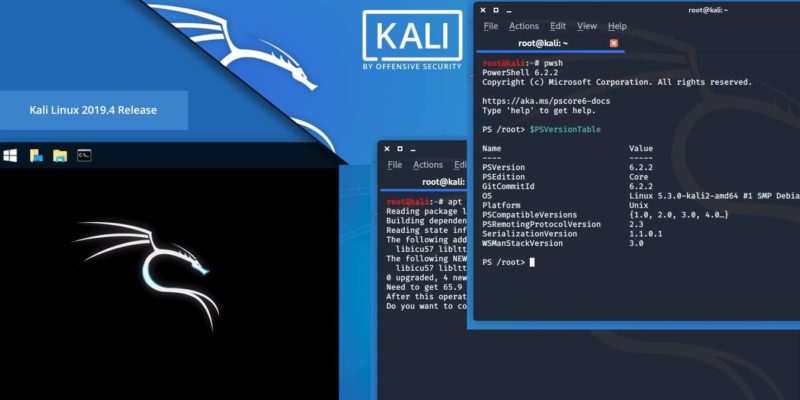Should You Use Kali Linux for daily use? Understanding the pros and cons
Kali Linux vs Windows 10 for Daily Tasks
What is Kali Linux?
Kali Linux is a Linux distribution aimed at advanced Penetration Testing and Security auditing. It comes pre-installed with hundreds of hacking tools and security applications curated by Offensive Security. Some of the popular tools include Nmap, Wireshark, Burp Suite, Metasploit etc. While it is a powerful platform for security experts, Kali is not designed for regular computing tasks or as a beginner friendly system.

Windows 10 vs Kali Linux for Daily Use
If your main computing needs involve browsing the web, checking emails, using office tools, social media etc, then Windows 10 is a much better OS choice compared to Kali Linux. Windows provides seamless support for daily tasks and has massive software library. On the other hand, Kali is very Linux centric and lacks support for many commercial apps. Regular software updates on Kali also break compatibility at times requiring rebuild of the system.
When is Kali Linux Appropriate?
Kali Linux is best suited for specialized security tasks like penetration testing, vulnerability assessment and ethical hacking. Since it comes pre-loaded with hacking tools, Kali provides a ready to use platform for professionals. However, one needs strong understanding of Linux, networking, programming and security testing methodologies to leverage Kali effectively. It is not meant for general purpose computing.
Understanding the Differences Between Kali and Windows
Purpose Built Distributions
Windows is designed as a general purpose operating system catering to a wide variety of users. On the other hand, Kali Linux has a very focused objective of supporting security analysts and hackers. It comes loaded with various penetration testing frameworks unlike Windows.
Learning Curve
For a beginner, Windows is much simpler to pick up and use straight away. Kali Linux has a steeper learning curve due to its Linux base and specialized nature. One needs to understand core Linux skills before handling hundreds of hacking tools in Kali.
Software Support
Most commercial software, games and productivity apps are made for Windows primarily. Support for such titles on Kali would either be non-existent or require additional steps. Windows enjoys a clear advantage in terms of available software ecosystem and titles.
When Should You Use Kali Linux
For Security Assessment Projects
If you are involved in professional security audits, penetration testing or red teaming engagements, Kali provides an ideal platform. Its curated tools help analysts perform various assessment methodologies smoothly.
As a Virtual Machine
For learning purposes, it is best to use Kali Linux as a virtual machine (VM) without disrupting your primary Windows system. This allows one to safely try out tools and experiment without any legal troubles. Many introductory security courses also recommend this approach.
After Gaining Linux Familiarity
Only advanced users experienced with Linux and security testing should install Kali as their main system. Novices should first get familiar with Linux on separate VMs to avoid frustrations later on. Good understand of core concepts is necessary before diving into Kali.
Should You Use Kali Linux for Regular Computing? The Verdict
In summary, unless you are an experienced security analyst or hacker, Kali Linux is not recommended for daily general purpose computing tasks. It lacks the software support of Windows and has a long learning curve. However, as a virtual machine for learning various tools in a safe isolated environment, Kali is unparalleled. Novices should gain Linux mastery independently before installing Kali as their primary OS. Using the right tool for the job ensures a smooth and productive experience. For typical home computing, Windows or user-friendly distros would be a better daily driver OS.
